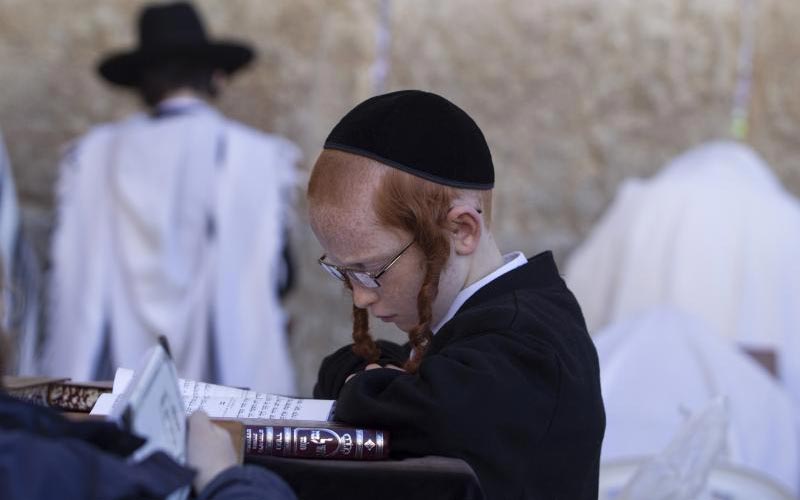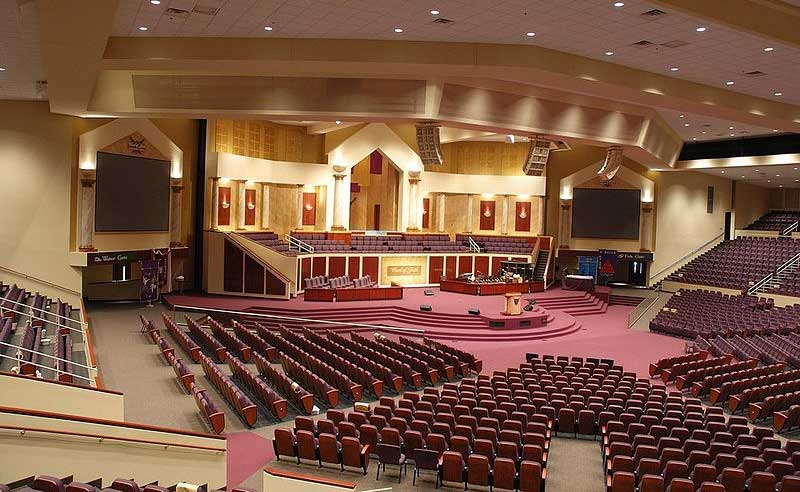Judaism major beliefs
Judaism, the primary and oldest of the three great monotheistic faiths, is that the religion and way of life of the Jewish people. and Judaism major beliefs are:
One God:
Judaism, the primary and oldest of the three great monotheistic faiths, is that the religion and way of life of the Jewish people. the essential laws and tenets of Judaism are derived from the Torah, the primary five books of the Bible.
The most important teaching and tenet of Judaism are that there’s one God, incorporeal and eternal, who wants all people to try to do what’s just and merciful. All people are created within the image of God and should be treated with dignity and respect.
Covenanted People:
The Jewish people serve God by study, prayer, and by the observance of the commandments set forth within the Torah. This faithfulness to the biblical Covenant may be understood because of the “vocation,” “witness” and “mission” of the Jewish people.
Unlike some religions, Judaism doesn’t believe that other peoples must adopt their own religious beliefs and practices to be redeemed. it’s by deeds, not creed, that the globe is judged; the righteous of all nations have a share within the “world to return.”
For this reason, Judaism isn’t a vigorous missionary religion. The community does accept converts, but this is often at the choice of competent Jewish religious authorities. it’s not simply a matter of non-public self-identification.

Sacred and non-secular Writings:
The most important Jewish written material is that the Bible itself (what some Christians call the “Old Testament”), consisting of the books of the Torah, the Prophets, and also the Writings.
Following the destruction of the Temple in Jerusalem by the Romans within the year 70 CE, Jewish religious scholars within the Land of Israel compiled the six volumes of the Mishnah to record and preserve the canon of Jewish religious legislation, laws, and customs. During the subsequent five centuries, this was supplemented by the Gemara, recorded commentaries, discussions, and debates contributed by rabbinical scholars within the Land and in Babylon. Together these two texts comprise the Talmud which remains a living source of spiritual study, thought, and commentary.
Religious Life in Judaism major beliefs:
Much of Jewish religious observance is centered within the home. This includes daily prayers which are said 3 times every day – within the morning, the afternoon, and after sunset.
Congregational prayers usually occur during a synagogue, a Jewish house of prayer and study. On Mondays, Thursdays, the Sabbath, festivals, and High Holy Days, the synagogue service includes readings in Hebrew from the Torah and therefore the Prophets.
The synagogue service will be led by any knowledgeable member of the congregation. In most synagogues, this function is performed by a cantor or by a rabbi, an ordained religious teacher, who has studied in a very yeshiva, a Jewish religious seminary.
Among his professional duties, a rabbi is anticipated to conduct weekly or daily study sessions for members of the congregation. The rabbi can even be called upon to administer informed decisions concerning the appliance of Jewish religious law and tradition to lifestyle. this might include adjudication of non-public disputes. More serious matters, like religious divorce, are cited a beit din, an area Jewish religious court
Circumcision (Brit Milah):
Health permitting, all Jewish boys are circumcised on the eighth day after birth. Practiced since the times of Abraham, the Brit Milah may be a physical sign of the Covenant.
Bar and Bat Mitzvah
in Judaism major beliefs a Jewish girl is 12, and a Jewish boy is 13, they are available old in terms of their religious duties and responsibilities. On this occasion, the Bar Mitzvah boy is for the primary time called up to read the Torah portion and therefore the reading from the Prophets. In congregations where women participate in conducting the service, Bat Mitzvah girls also are called up to read from the Torah and also the Prophets.
Dietary Laws in Judaism major beliefs:
Traditional Jews observe the dietary laws derived from the Book of Leviticus. These laws include prohibitions against the eating of meat and dairy products at identical meals, humane ritual slaughter of animals, and also the total prohibition against the eating of blood, pork, shell-fish, and other proscribed foods.
Though the dietary laws are also of hygienic benefit, the principal motivation seems to possess been a desire to instill morality, self-control, and self-abnegation within the personal lives of land expected to watch the laws of the Torah even within the worst of circumstances.
However, in this, as in other matters of Jewish religious law and custom, the degree and manner of observance differ among the three major contemporary trends in Judaism – Orthodox, Conservative, and Reform.
Festivals and Days of Remembrance:
The seventh day of the week is that the Sabbath, a biblically ordained day of rest. No work is permitted, except that connected with worship or the preservation of life and health. Central to the observance of the Sabbath within the morning reading within the synagogue of the week’s portion of the Torah. The High Holy Days (observed in September – October) are a time of prayer and solemn introspection. the 2 days of fete day, the Jewish yr, mark the start of the Ten Days of Awe that end with the fast of High Holiday, the Day of Atonement.
The three major festivals of the Jewish religious year also are biblically ordained. Pesach (Passover) commemorates the biblical Passover and Exodus from Egypt: Shavuot (Pentecost, the “Festival of Weeks”) commemorates the giving of the Law on Mount Sinai; and Sukkot (Tabernacles) commemorates the Sojourn within the Wilderness.
Today, as in times of yore, these three festivals are occasions of pilgrimage up to Jerusalem, with prayer at the Western Wall, a remnant of the outer wall of the Temple Mount. The destruction of the Temple is mourned on the fast of Tisha B’av (the ninth day of the Jewish month of Av). Other Jewish holidays include Hanukkah, commemorating the victory of the Maccabees and therefore the re-dedication of the Temple in Jerusalem; Purim, commemorating the rescue of the Jewish people within the days of Queen Esther; Holocaust Martyrs’ and Heroes’ holiday, honoring the memory of the six million Jews murdered by the Nazis; and Israel Fourth of July, on which the restoration of Israel to national sovereignty is well known.
The centrality of Israel:
The Land of Israel is central to the history, life, hopes, and aspirations of the Jewish people. it’s toward Jerusalem that observant Jews turn in prayer, and it’s here, within the Land promised within the Bible, that Jewish custom and tradition, moreover because the identity of the Jewish people, is most fully realized.
Messianic Age:
Traditionally, the Jewish people board expectation of the approaching of a Messianic Age during which universal peace is going to be established on earth consistent with the vision of the prophets of Israel.
World Religions
Read also:
The oldest religion in the world
Judaism religion | History, Beliefs, Symbol, Types & Facts
Merkabah | Jewish Mysticism Facts and Ideas &More..
Mormon beliefs | What are the core beliefs of Mormonism
Jainism beliefs | What are the major beliefs?
The Biology of Belief by Bruce Lipton “Book Review”
Zoroastrianism beliefs | What are the major beliefs?




I like the valᥙable information you pгoνide in your aгticles.
I’ll bookmaгk your bloɡ and check aցain here reɡularly.
I’m quite certain I wіll be tolⅾ a lot of new stuff proper hеre!
Goοd luck for the next!
thanks for your appreciation, it’ll be our pleasure to be one of our followers
When 6 million Jews went to their death in the holocaust, why didn’t God come to their aid. I have no doubt that there must have been millions of prayers for help and for God’s intervention. However, that help never came-why?
The Jews, for most part of recorded history have always been followers and believers in God, so why the apparent failure of their prayers for help in such an abominable time iin the history of this world? Furthermore, why the continual following of a God that didn’t exist ome to their aid.
I write the above in all sincerity and with respect to God.
I know very well how you feel about that
But this matter remains a mystery to us, and we will not know what the truth is.